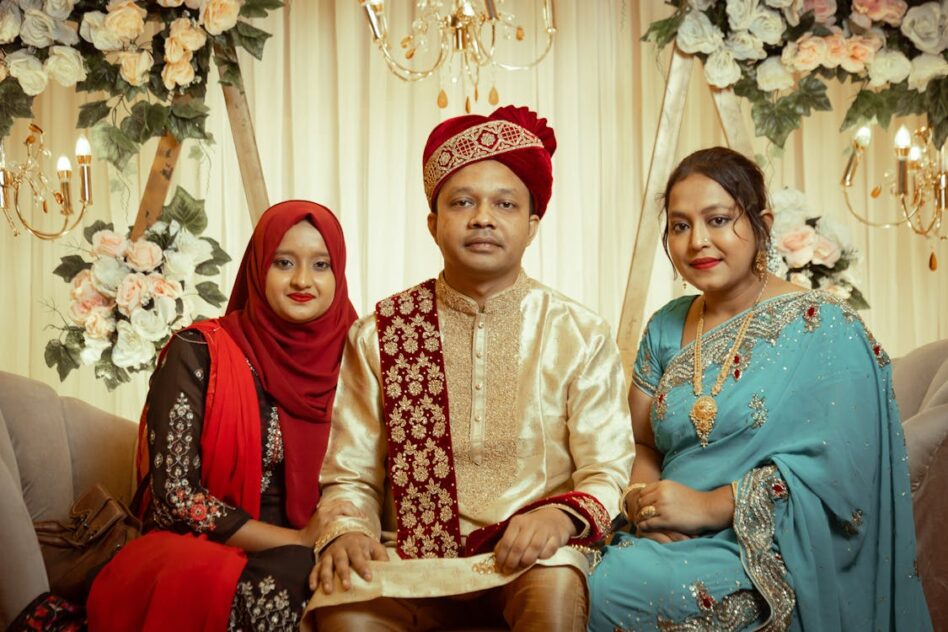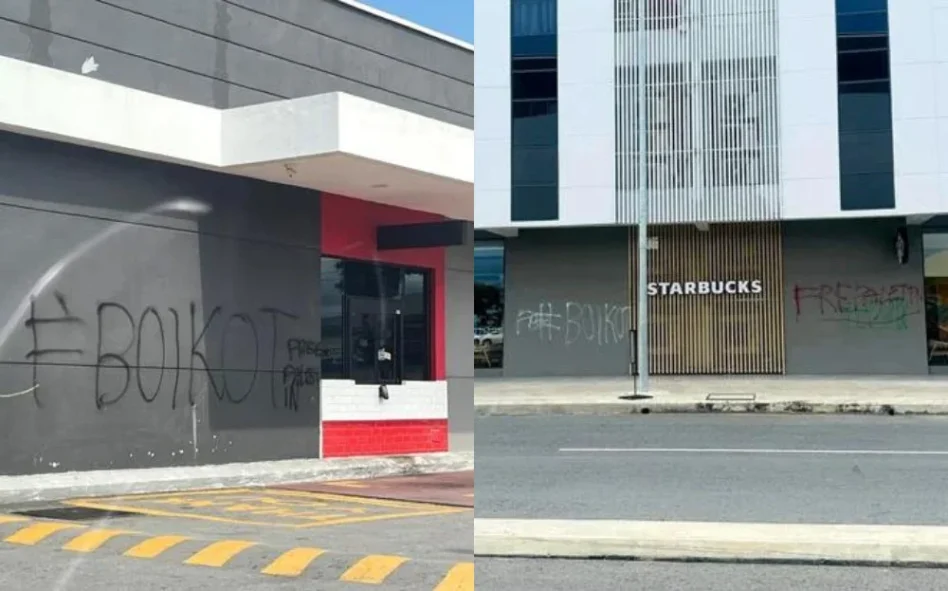IN the second part of this article, I wish to stress that Malaysia was officially recognised by the United Nations (UN) in 1963. Of course, it was delayed due to opposition from Indonesia and the Philippines.
After Malaysia Agreement 1963 (MA63) was signed, the Malayan Government renamed itself as the Malaysian Government. By law, the Malaysian Government was the successor to the Malayan Government.
The British wanted their colonial commercial empire in Sabah, Sarawak, Singapore and Malaya come under Kuala Lumpur. However, they never expected that Malaysia would soon exit the British from the local economy.
Under the Equal Partnership concept, there are two High Court systems in Malaysia, the High Court of Borneo (Sabah and Sarawak) and High Court of Malaya. English remains the language of the court in the Borneo territories, while Bahasa Malaysia is used at the courts in Malaya.
In 1963, Sabah and Sarawak were promised development and security by Malaya and Singapore. Unfortunately, both Borneo territories remain among the poorest in Malaysia until today, according to the Economic Planning Unit (EPU), Bank Negara and the World Bank.
In addition, Sabah has been swamped by an estimated 1.7 million immigrants, given work permits and dubious documents, with about 400,000 undocumented people. Sarawak has about 500,000 immigrants, including 260,000 with work permits and 240,000 undocumented people.
Britain, financially affected by World War II, was anxious in 1963 to transfer the defence burden of Borneo to the relatively “rich” Malayan Government with whom it signed a Five Power Defence Agreement (FPDA) – including Australia, New Zealand and Singapore. It is still valid and the most enduring agreement of its kind in the world.
The media then referred to Malaysia’s rivals, Indonesia and the Philippines as “crocodiles”. The “crocodile theory” necessitated the FPDA.
Manila felt that the British should first give self-government and Independence to Sabah before the territory can join Malaysia. Since that was not done, Manila wanted to press a “territorial” claim to the eastern seaboard of North Borneo, now designated as the Eastern Sabah Security Zone (EssZone) under the Eastern Sabah Security Command (EssCom).
The Philippines government claims that the defunct Sulu Sultanate, under a “sultan” recognised by Manila, had transferred “sovereignty” over EssZone to Manila.
But under a 1939 Declaration, the High Court of Borneo in Sandakan held that nine heirs of the last Sultan of Sulu had the “compensatory right” to receive RM5,000 per annum from North Borneo for giving up the right to collect toll along the main waterways in southern EssZone and northern EssZone. The Sulu claim has been disputed by Brunei but not in court.
The High Court declined to consider a “territorial” claim by the heirs to the eastern seaboard on grounds that “sovereignty resides with the people”. It was not possible, by law, for the heirs of the last sultan to own the eastern seaboard territory. There was no proprietary right to territory.
RM5,000 remain uncollected
Wisma Putra has been paying the RM5,000 every year to a bank account in Manila since 1963. However, the monies reportedly remain uncollected although it was increased in recent years to RM5,500. There have been media reports that Putrajaya may have stopped paying the RM5,500 since previous payments remain uncollected.
Sulu rule along the eastern seaboard of Sabah, like all riverine kingdoms in the Archipelago including Malaya, was not territorial. It was confined to collecting toll at the river mouth of the main waterways.
In Malaya, by comparison, the British stopped toll collection, converted the river mouth kingdoms into territorial sultanates. They built roads and railways, laid out airstrips and developed the seaports.
Earlier, by treaties in 1826 and 1909, the Kingdom of Siam transferred the southern half of the Kra Peninsula, except for Pattani (which includes Narathiwat, southernmost Songkhla, Satun, and Yala) to the British Administration which are now the states of Kedah, Perlis, Kelantan and Terengganu. – Aug 31, 2021.
Joe Fernandez is a longtime Borneo watcher and a regular FocusM contributor.
The views expressed are solely of the author and do not necessarily reflect those of Focus Malaysia.










